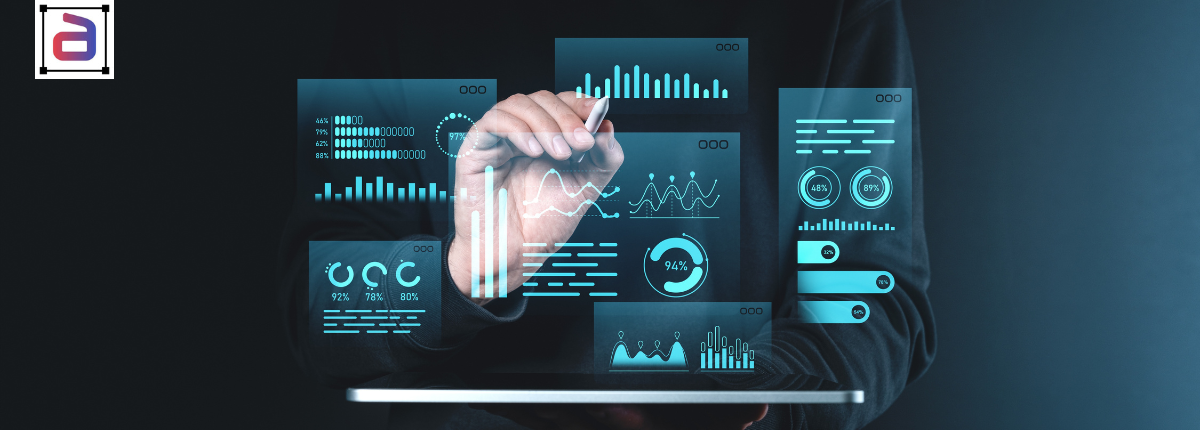At Annotera, we recognize that enterprises today are under immense pressure to deliver accurate, scalable AI solutions quickly. Outsourcing data annotation has become a powerful way to meet this demand. But distributed teams across multiple geographies, languages, and time zones introduce complexity. Leaders ask: How can we maintain rigorous quality standards while outsourcing annotation work at scale?
Table of Contents
The answer lies in a robust, transparent framework for auditing outsourced annotation work. Quality control must be built into the outsourcing process itself—not treated as an afterthought. As a solutions provider, we’ve helped Fortune 500 companies, healthcare providers, and e-commerce giants put audit-ready annotation workflows in place. This blog shares how.
Why Auditing Outsourced Annotation Work Matters
Annotation errors aren’t just small technical glitches; they can lead to major business consequences. Gartner estimates poor data quality costs enterprises $12.9 million annually, while McKinsey notes that companies with strong data quality frameworks can improve operating margins by up to 20%. In AI, mislabeled data can:
- Skew fraud detection models, allowing financial crimes to slip through.
- Misclassify medical images, delaying patient diagnosis.
- Recommend the wrong products, reducing customer trust and revenue.
When annotation is outsourced, these risks grow if teams aren’t tightly managed and audited. PwC’s Responsible AI report warns that 76% of executives see lack of oversight in outsourced AI processes as a major business risk. Without the right checks, organizations face:
- Inconsistent standards: Distributed annotators interpreting guidelines differently.
- Limited visibility: Executives lacking oversight into offshore vendor practices.
- Compliance exposure: Mishandled sensitive data that violates HIPAA, GDPR, or CCPA.
As Andrew Ng, one of AI’s leading voices, famously stated: “AI is only as good as the data it learns from. Without rigorous quality control, scale becomes a liability.”
That’s why quality control and auditing are central pillars of Annotera’s outsourcing solutions.
Annotera’s Framework for Auditing Outsourced Annotation Work
1. Clear Guidelines and Continuous Training
We co-create detailed annotation guidelines with our clients. These guidelines are enriched with edge cases, do’s and don’ts, and annotated examples of correct versus incorrect work. Annotators receive initial onboarding and ongoing refresher training to keep standards consistent.
Example: For a healthcare imaging client, our guidelines specified how to annotate overlapping tumors on CT scans, reducing disagreement among annotators by 32%.
2. Multi-Layer Quality Review
Annotation is reviewed at three levels:
- Self-checks: Annotators are trained to review their own work before submission.
- Peer review: Teams cross-check each other’s outputs for consistency.
- Expert audits: Senior QA specialists audit random samples and sensitive cases.
This system ensures errors are caught early and quality is reinforced at every stage.
Example: In an autonomous driving project, our layered QA reduced mislabeling of pedestrians by 21% in the first two months.
3. Inter-Annotator Agreement (IAA)
We measure consistency using metrics like Cohen’s Kappa and Fleiss’ Kappa. Low IAA scores signal unclear guidelines or retraining needs. By tracking IAA weekly, we quickly spot and fix problems.
Example: For a financial services project labeling loan applications, our IAA metric helped identify that 15% of disagreements stemmed from ambiguous income fields. Updating the guidelines improved IAA scores from 0.68 to 0.85.
4. Gold Standard Datasets
We embed “honeypot” or Gold Standard datasets into workflows. These are pre-labeled examples used to test annotator accuracy in real time. Annotators who consistently miss honeypot items are flagged for retraining.
Example: In an e-commerce catalog annotation project, honeypot checks revealed that some annotators mislabeled hybrid products (like smart fridges). After targeted training, accuracy improved by 19%.
5. Technology-Enabled Auditing
Annotera leverages AI and automation to scale quality checks:
- Dashboards give clients real-time visibility into accuracy, throughput, and error types.
- Automated scripts detect missing labels, duplicates, and formatting inconsistencies.
- AI pre-labeling accelerates workflows and reduces human fatigue errors.
Example: Our automated auditing tools flagged duplicate annotations in a large natural language processing project, cutting error rates by 25% while saving over 300 human review hours.
6. Compliance and Security Oversight
We embed compliance directly into our workflows. For sensitive projects, this includes:
- Encrypting all data in transit and at rest.
- Restricting access based on least-privilege principles.
- Ensuring strict adherence to HIPAA, GDPR, and CCPA.
Example: For a U.S. healthcare provider, our HIPAA-compliant workflows ensured patient imaging data never left secure servers while still allowing outsourced teams to annotate efficiently.
Case Example: Global E-Commerce at Scale
A global retailer outsourced annotation of millions of product images for an AI recommendation engine. Their initial offshore vendor delivered inconsistent results, frustrating customers and spiking return rates. Annotera implemented:
- Gold Standard checks embedded in workflows.
- Weekly IAA measurement and retraining cycles.
- Automated error detection for duplicate labels.
Within three months, annotation accuracy improved by 27%, rework costs fell by 15%, and customer satisfaction scores rose. This case highlights how auditing outsourced annotation work drives measurable business outcomes.
Executive Takeaway
For C-Suite leaders, outsourcing annotation is often the only way to achieve scale. But without auditing and quality control, outsourcing introduces more risks than rewards. By embedding auditing practices at every stage, enterprises can ensure:
- AI systems are trained on trustworthy data.
- Compliance and security obligations are consistently met.
- Outsourcing delivers ROI rather than rework.
Why Annotera is the Right Partner
At Annotera, auditing is part of our DNA. We don’t just deliver annotation capacity—we deliver audit-ready, compliant, high-quality datasets that executives can trust. Our clients choose us because:
- We combine distributed scale with centralized quality control.
- We provide audit-ready documentation for regulators and stakeholders.
- We tailor quality frameworks to industry-specific needs, from healthcare to retail to finance.
Final Thoughts + CTA
In a distributed world, outsourcing annotation is essential to AI growth. But speed without quality is a liability. Annotera ensures every dataset is accurate, compliant, and audit-ready—no matter where the work is performed.
Looking for an outsourcing partner who guarantees both speed and quality? Connect with Annotera today to learn how our auditing-driven outsourcing solutions can safeguard your AI success.



